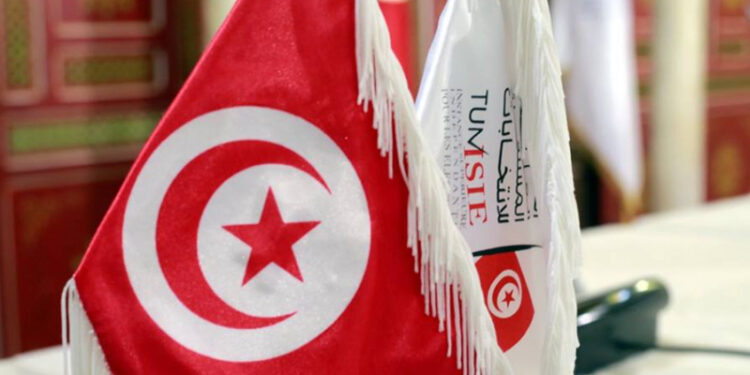The independent higher body for elections (ISIE) validated, for the first time in Tunisia, a petition aimed at withdrawing the mandate of a member of a local elected council. This unprecedented process is part of the account surrender mechanisms established by new institutional architecture.
During a press briefing held on Friday in Tunis, the president of ISIE, Farouk Bouasker, announced that the Council of the body had approved a petition requesting the revocation of a member of the local council of Chorbane, in the governorate of Mahdia. This is the first procedure of its kind in Tunisia, and it was accepted after verifying its compliance with legal conditions.
Bouasker clarified that the petition had been initiated by a tenth of the constituency voters, in accordance with the legislation in force, and that it was filed after a year of mandate of the local council concerned, as required by the law.
The body carefully checked the signatures, the validity of the data provided and compliance with the procedures, before unanimously validating the file. However, the identity of the targeted member has not been revealed.
A popular vote will be organized on Sunday September 28 to decide the fate of the elected official concerned. Chorbane voters will have to decide by “yes” or “no” on the revocation of the mandate.
If the absolute majority of registered voters (50 % plus one) vote in favor of the petition, the mandate of the elected official will be canceled, which will lead to the organization of a by -election to provide the vacant seat. On the other hand, if the petition is rejected, the elected official will retain his seat until the end of the mandate, without the possibility of subsequent revocation.
This revocation mechanism, provided for by electoral law, constitutes, according to Bouasker, a major legal and constitutional turning point. According to him, this is a test to assess the effectiveness of popular control instruments via the ballot boxes.








